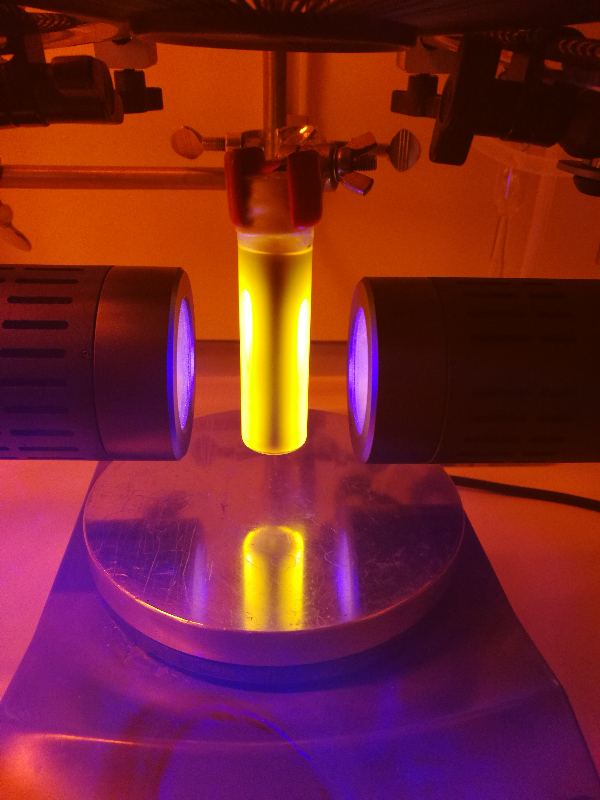Short course description:
- Focus on reactivity and synthesis in organic chemistry.
- Principles and factors governing reactions of organic compounds.
- Application of the concept of green chemistry in organic chemistry for sustainable development.
- The process of drug development in the pharmaceutical industry.
- Application of organic chemistry in medicinal and pharmaceutical chemistry.
Detailed course description:
- Delineate mechanisms for reactions in organic chemistry.
- Application of organic reactions in multi-step synthesis.
- The process of drug discovery in the pharmaceutical industry.
- Principles concerning green- and sustainable chemistry.
- Principles regarding reaction energetics and reaction kinetics.
- Application of molecular orbital theory on reactivity and stereochemistry.
- Principles for the rationalization of regio- or enantioselective reaction outcomes.
- Silicon, phosphorous, and sulfur in organic chemistry.
- Basic metal-organic chemistry.
- Application of knowledge in organic chemistry on pharmaceutical and medicinal chemistry.
